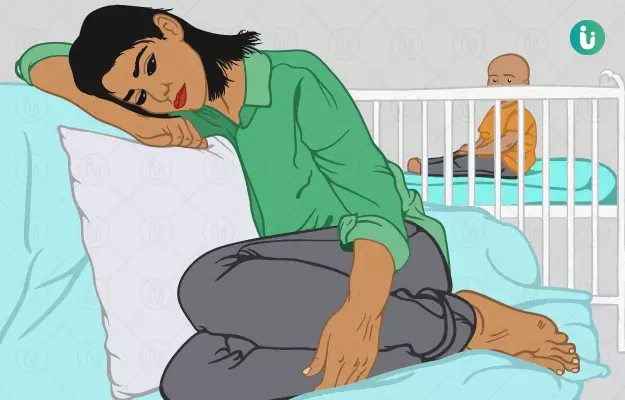New mothers have a lot to deal with once they leave the hospital and come home with their baby. Getting into a new rhythm, which includes breastfeeding and nappy changes, can take time. Most mothers find these changes overwhelming in the beginning, and that’s completely natural. What can complicate things further is postpartum depression.
Postpartum depression is a serious mental illness which affects many new mothers. This condition is very different from baby blues, which is what most new mothers who feel exhausted, sad, anxious, frustrated and overwhelmed go through. Baby blues can last for about five days to two weeks, but if these feelings continue or worsen after a period of two weeks, it’s known as postpartum depression.
While most mothers go through baby blues, being diagnosed with postpartum depression can come as a shock and immediate treatment should be started. This type of depression affects the physical and emotional well-being of both the mother and the child. If a mother is unable to care for her baby or herself, and experiences harmful feelings towards herself and her loved ones, it can impair the emotional bond between mother and child and cause behavioural complications in the child in later years too.
The thing everybody needs to understand about postpartum depression is that the mother has done nothing to cause it, but needs your care and attention to treat it properly and completely. A psychologist or psychiatrist can guide you through the required treatment, depending on the diagnosis of postpartum depression. But complete recovery depends on the care and support provided by the family and friends of the patient in these cases. Here is everything you need to know about postpartum depression.













